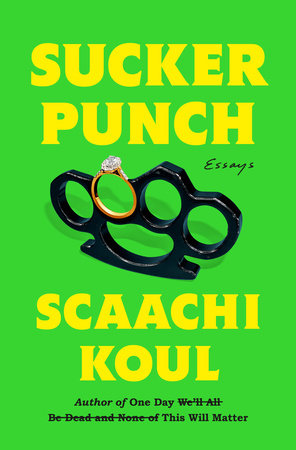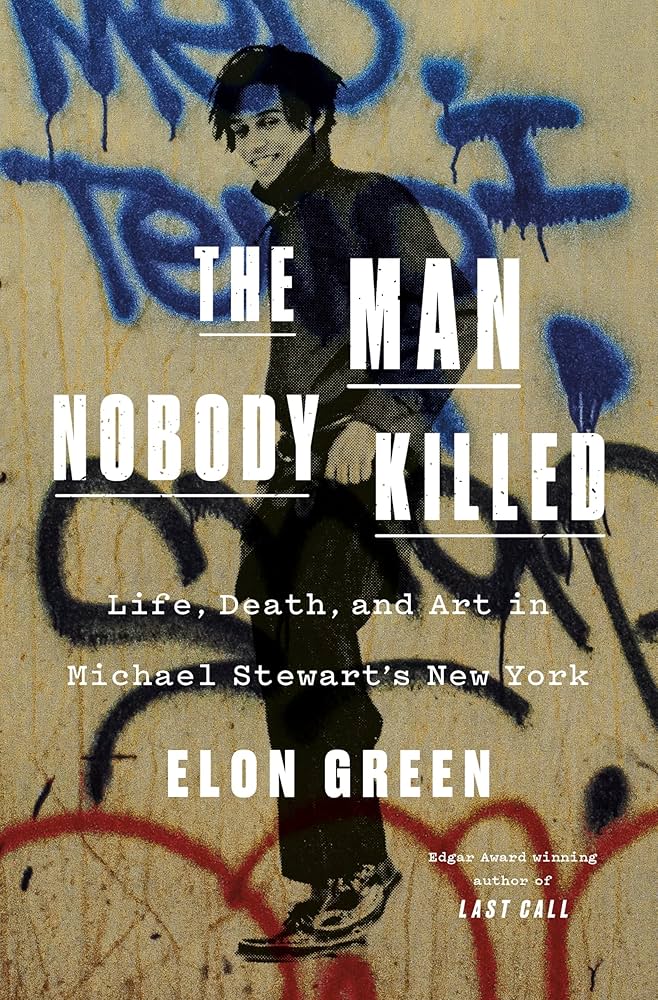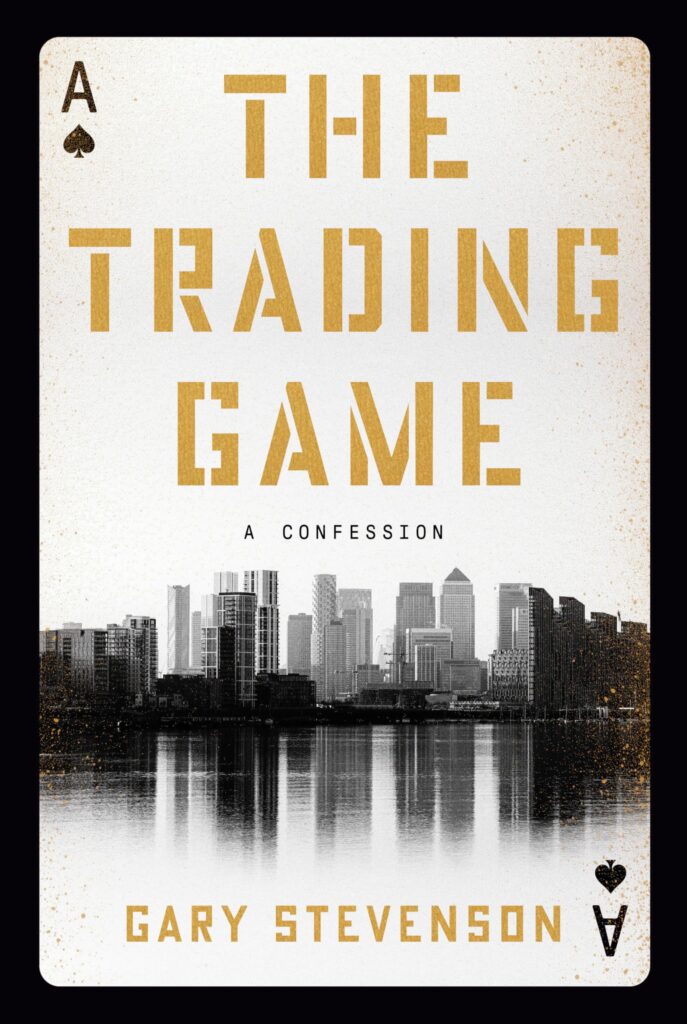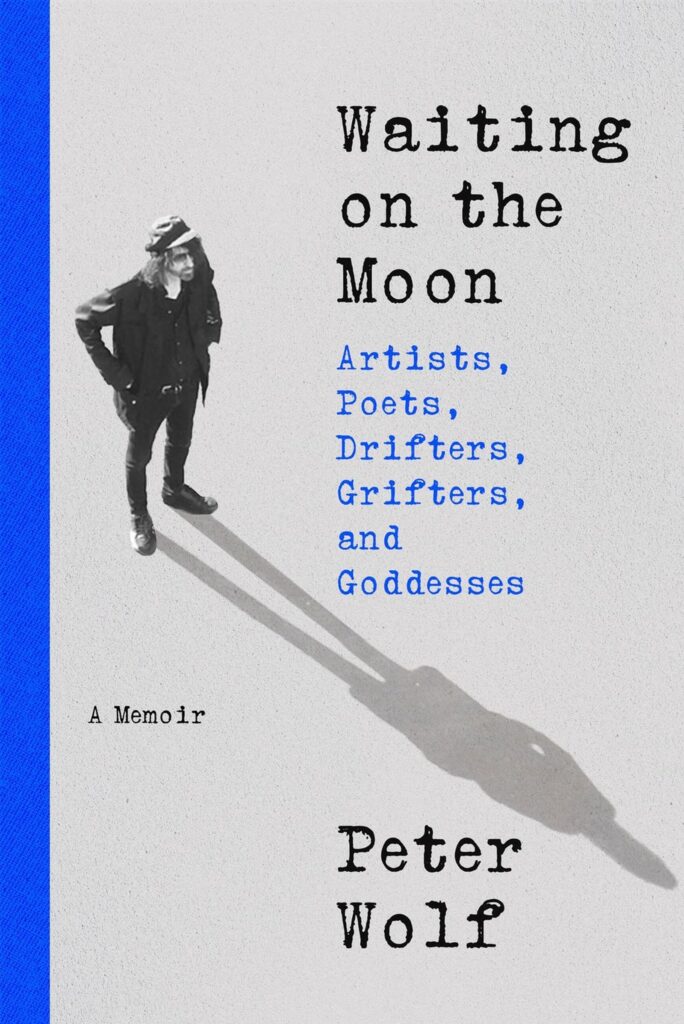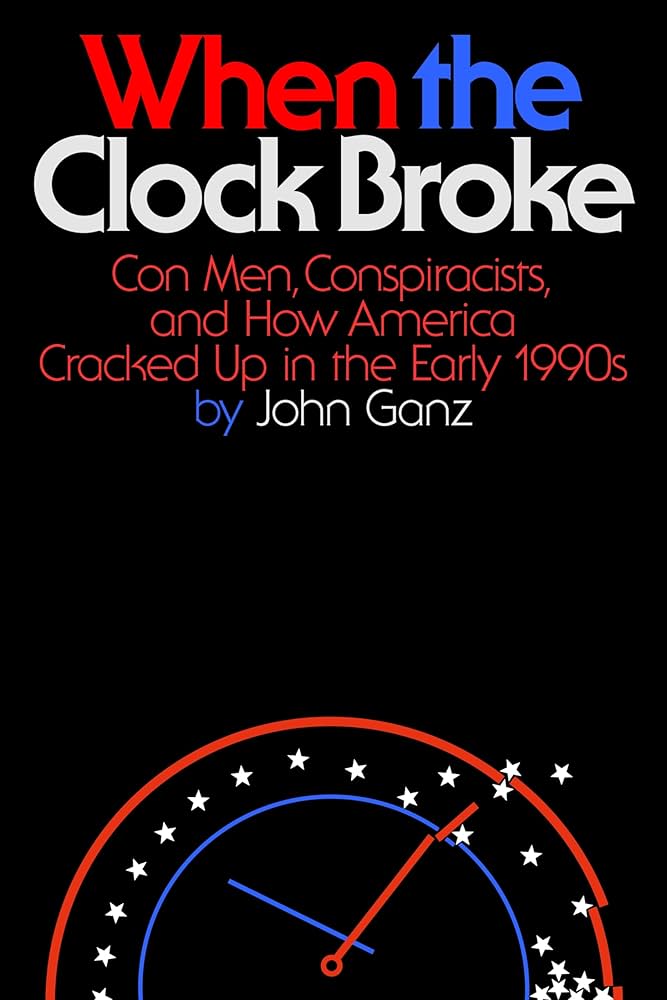I’ve read Scaachi Koul’s writing for more than a decade – starting from when she wrote her column at Hazlitt in the mid 2010s. She’s a rare current writer with a style distinctive enough to be recognizable without a byline. She’s self-referential enough that a regular reader feels like a member of a secret club, as she would tweet or write updates about her dad or her relationship with Hamhock, her pet name for her then-boyfriend.
Then-boyfriend. Then, husband. Now, ex-husband. Which brings us to the point of Sucker Punch.
The Scaachi that writes this book is a different Scaachi than the brash, bold, hilarious one that wrote the columns collected in One Day We’ll All Be Dead and None of This Will Matter. This Scaachi is very reflective, and even though divorce is one of the hardest things anyone can go through, I was surprised by how lost she comes across.
Sucker Punch is her attempt to figure out how it all went wrong, to make sense of her short and disastrous marriage. She comes at it from a couple of different angles in the book, telling the story again and again, revealing a little more with each spin. This excerpt in NY Mag was the first I’ve read of Sucker Punch, and it reads very differently having finished the book.
“Don’t you love me?” he asked, and for the first time since I met him, when I was too young to rent a car, I wasn’t sure what the answer was. When I tallied up all the ways he had hurt me, I couldn’t believe he was the same person I made all those promises to. Here was this stranger, this guy I lived with who had, mere days earlier, ducked when I’d thrown my datebook at his head while he swept up the glass I’d broken right before that. I sat on the floor in the hallway of our apartment. My body was hot but the flooring was cool, so I pressed my face down on the ground to bring my temperature down. My eyes had swollen shut from crying and I couldn’t pry them open. He put the broom down to join me on the floor.
The circular nature of the book wore on me by the end — the last couple of essays felt inessential. Koul has always used sarcasm closing pages. It’s true she’s been put through the ringer by that relationship (and covid, and her family drama, and and and). Lots of Sucker Punch book reads like she’s tired and wants a break.
It feels wrong to be critical of someone else’s misery and grief. This was likely one of the most difficult things Koul has ever written. If anything, this memoir makes me count my blessings, as I’m lucky enough to never have gone through a divorce.
And I won’t hesitate for a second to pick up her next book.

